The unceremonious ouster of Robert Malley, Biden admin’s pointman on Iran
By Syed Zafar Mehdi
On Friday, much to the amazement of netizens, the profile photo of the Twitter account associated with the US special envoy for Iran’s office was changed, with Robert Malley being replaced by Abram Paley.
After being inactive for more than a month, a new tweet appeared on the account, pointing to the hushed transition in the office that reports directly to US State Department Secretary Antony Blinken.
“The Office of the Special Envoy for Iran and the entire team at the State Department remain engaged in implementing our policy on Iran,” read the tweet, trying to allay the concerns of hawks in Washington.
“We continue our work with allies and partners to constrain Iran’s destabilizing behavior, defend human rights, encourage de-escalation, and promote a stable, prosperous, and more integrated Middle East.”
Paley served as Malley’s deputy and had been acting as interim special envoy for Iran after his boss landed in troubled waters in the wake of an FBI investigation into his “mishandling” of classified info.
It remains unclear what exactly prompted the US State Department to put him “on leave without pay” as well as suspension of his security clearance, but what’s clear is that he rubbed them the wrong way.
Biden administration officials remain tightlipped about the suspension of his security clearance but reports suggest it came after the US State Department’s Bureau of Diplomatic Security initiated a probe into whether the seasoned diplomat could be trusted with “classified info.”
US National Security Adviser Jake Sullivan, who appeared on CBC News on Sunday, refused to comment on the FBI probe into Malley’s dismissal as the US special envoy for Iran.
According to US media reports, Malley continued to work for weeks after his security clearance was taken away, which came to light only after he skipped an important Congressional briefing on Iran.
Many questions, however, remain unanswered – what was the “classified info” he purportedly mishandled, when was it communicated to him that his security clearance has been suspended, and when did he actually lose access to the highly-fortified diplomatic zone around Blinken?
Some Republican senators have called on the US Department of State to probe the suspension of the senior American diplomat who was appointed by President Joe Biden in spring 2021 to lead the talks aimed at the revival of the 2015 nuclear deal and lifting of crippling, unjust US sanctions.
The marathon negotiations, underway since April 2021 in the Austrian capital Vienna, have seen multiple pauses, bringing into question the motive and approach of the Biden administration, which had publicly vowed to reverse the reckless measures taken by the previous administration.
Malley’s role, in particular, has come under scrutiny with many describing him as clueless and frustrated, carrying out a task that is remotely controlled and scripted.
According to some unconfirmed reports, Malley recently held talks with some Iranian officials, including Iran's UN envoy Saeed Iravani, which raised eyebrows in the power corridors of Washington, as that was not part of the script stamped and approved by the military-industrial complex.
The script, in unambiguous terms, says American officials must not walk the talk. They ought to make the process complex, manufacture excuses to let it drag on, and then blame Iran for the dilly-dallying.
Like, for example, Trump's unilateral exit from the deal was blamed on Iran. The reinstatement of sanctions in breach of the accord was again blamed on Iran. Iran's reciprocal measures in response to the US violation of the multilateral deal were also blamed on it.
A series of breaks in Vienna talks have also been blamed on Iran, despite the fact that Americans have been reluctant to provide necessary guarantees or reverse Trump’s ‘maximum pressure’ policy. Even Europeans acknowledge it but are not willing to go public for obvious reasons.
In other words, anything Americans do is justified, even if they make a mockery of international law.
Malley did what was, as it appears, not expected of him - it could be his reported meeting with Iranian officials, or perhaps his questioning of the Biden administration's policy of procrastination, or maybe the fact that he took ongoing negotiations a bit too seriously because, from the standpoint of Americans, it's not a serious business at all. The idea is to let the process drag on.
As a long-time friend and confidante of Blinken, the decision to sideline him came as a shocker to many strategic affairs pundits in the West. But, it's important to understand that it's not the State Department that calls the shots on US foreign policy but the all-encompassing military-industrial complex.
The role of the pro-Israel lobby in Washington cannot be discounted. It had been gunning for Malley from day one as Blinken's pointman on Iran and someone who was, at least in theory, appointed to revive the 2015 nuclear deal, which the Israeli regime and its lobbies are vehemently opposed to.
From conservative Republicans to regime-change proponents to far-right Zionists – all of them saw in Malley a person who would push the narrative of dialogue with the Islamic Republic of Iran.
What the US military-industrial complex and the powerful Zionist lobby in Washington want is war with Iran, not the revival of the 2015 nuclear accord or the easing of crippling sanctions.
Biden and Blinken, it is amply clear, have been taken hostage by the military-industrial complex, and Malley ended up being the scapegoat, despite his not-so-soft approach toward Iran.
Many are wondering what possible repercussions could his unceremonious ouster have on the fate of the 2015 nuclear accord and talks to revive it. From Iran's standpoint, such transitions are irrelevant.
The fact is, Iran is still part of the agreement while the US is not. So, it is the Biden administration that must demonstrate political will and return to the deal in good faith, with or without Malley.
(The views expressed in this article do not necessarily reflect those of Press TV
Explainer: How Yemeni military chased away US aircraft carrier from Red Sea?
French march for women of Palestine
Erdogan: Upholding ICC arrest warrants will restore trust in intl. system
Iran activated new centrifuges in response to IAEA resolution: Parl. speaker
Nov. 23: ‘Axis of Resistance’ operations against Israeli occupation
Lindsey Graham threatens to sanction US allies backing ICC arrest warrants
VIDEO | Tens of thousands of Catalans protest to demand access to better housing
Israel launches air strikes on Syria-Lebanon border crossing


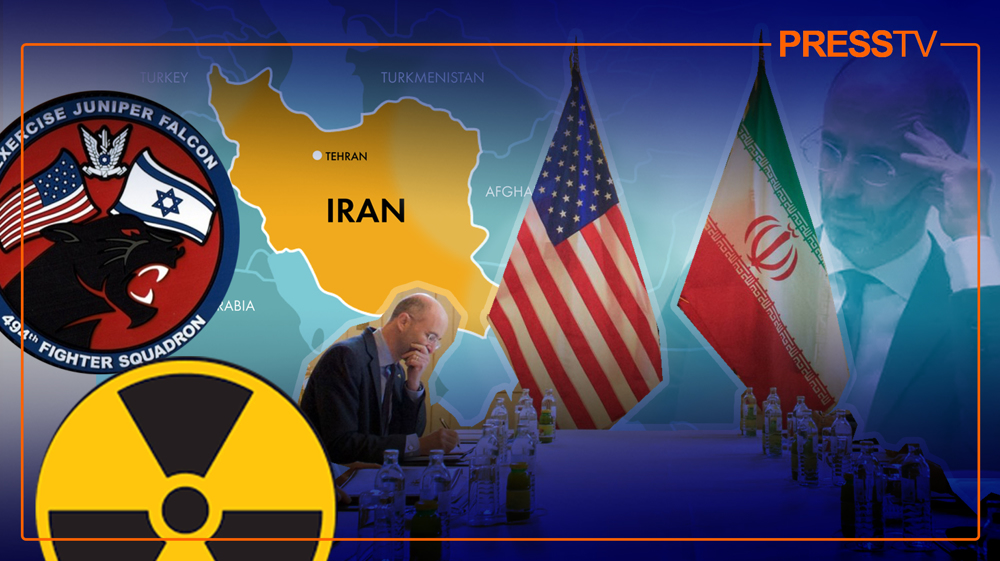
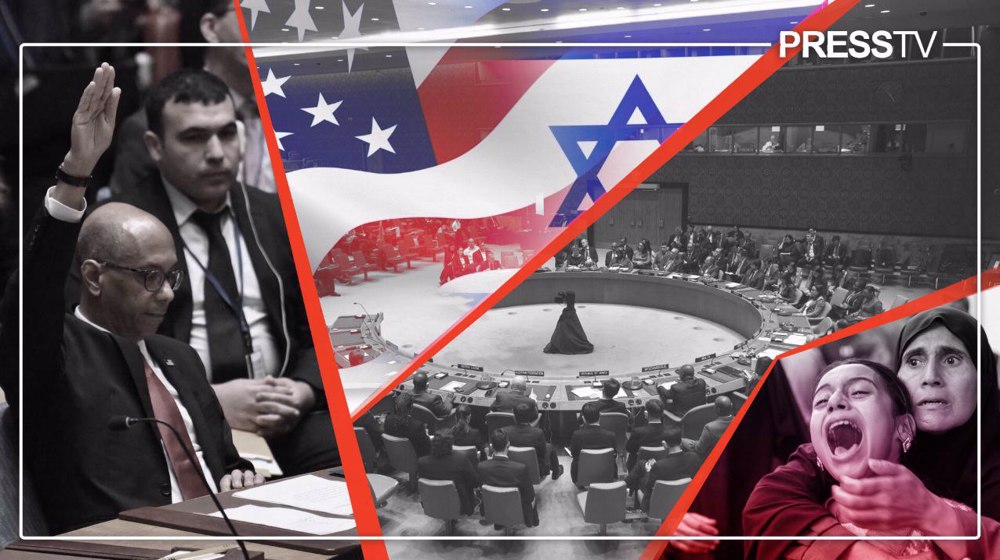
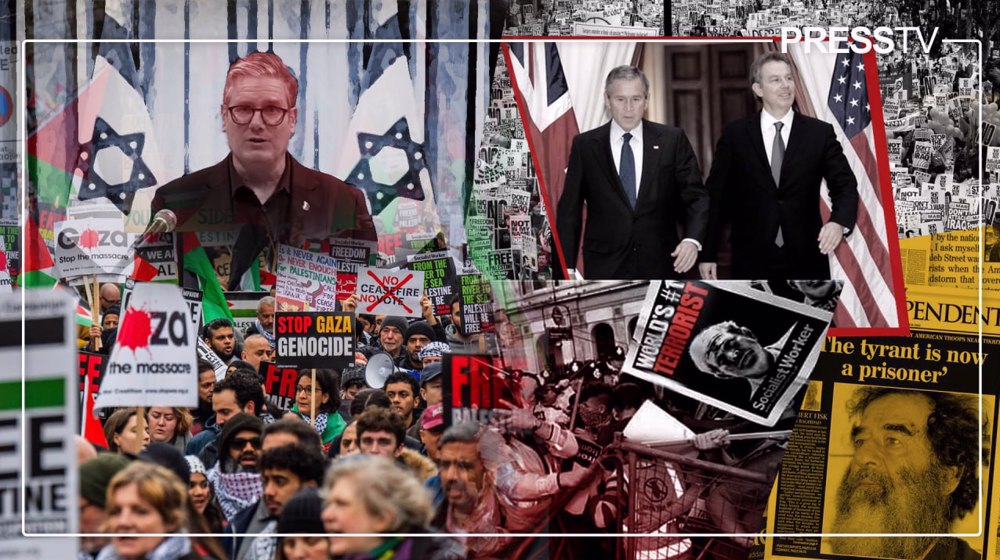
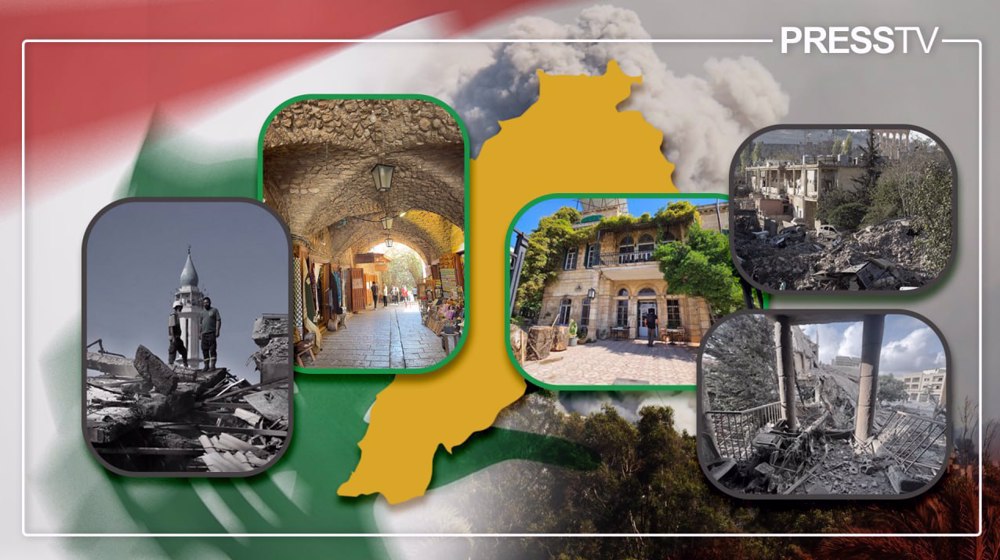



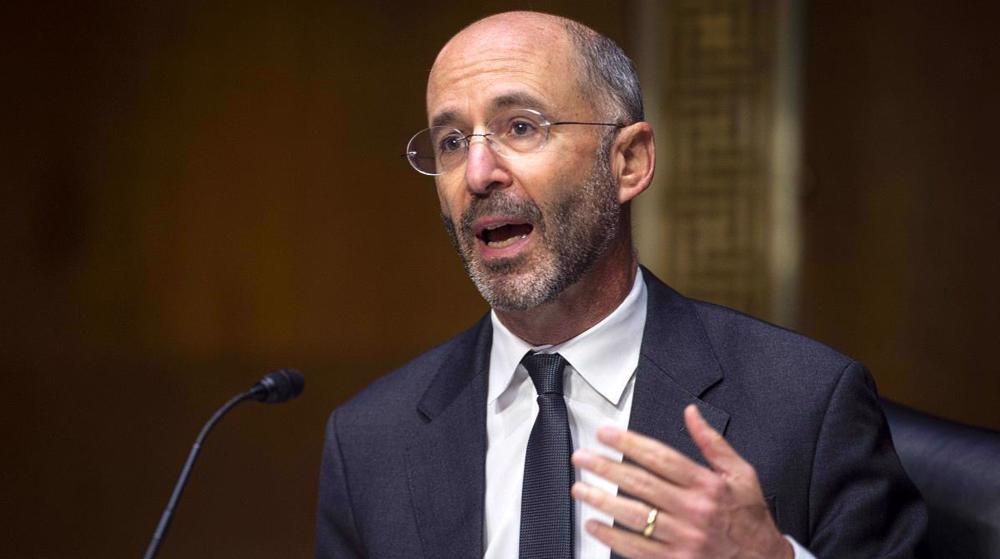
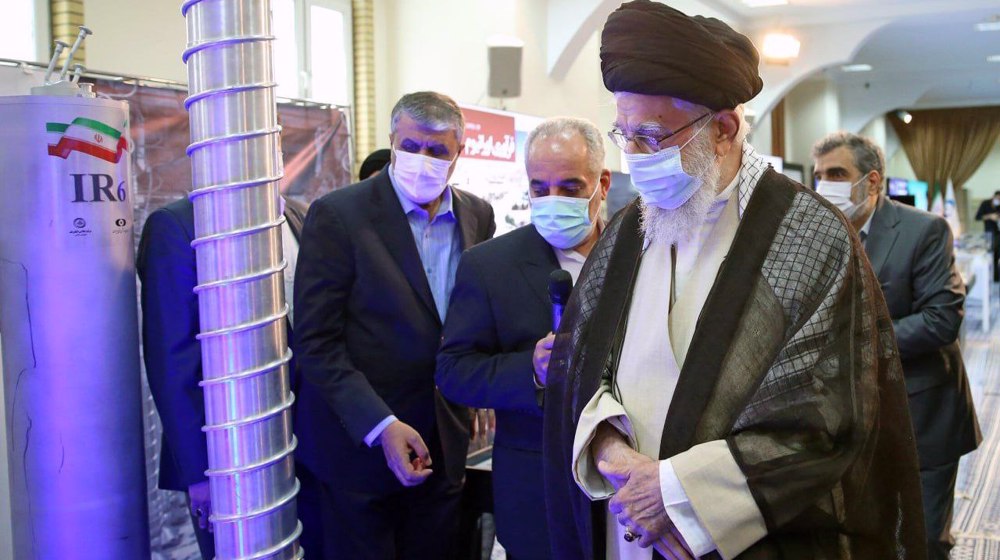
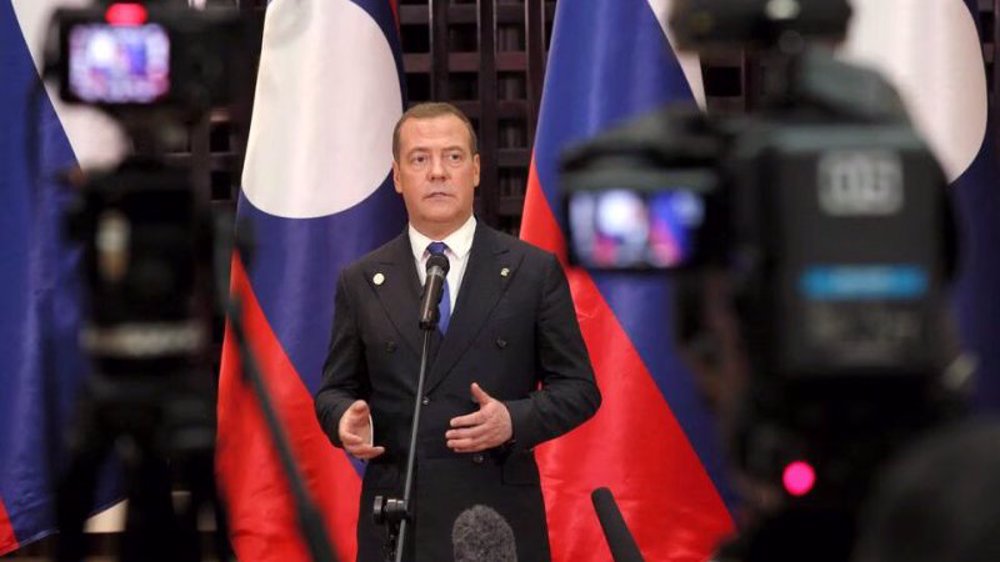


 This makes it easy to access the Press TV website
This makes it easy to access the Press TV website